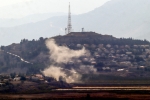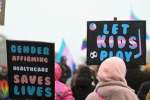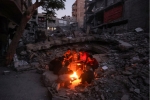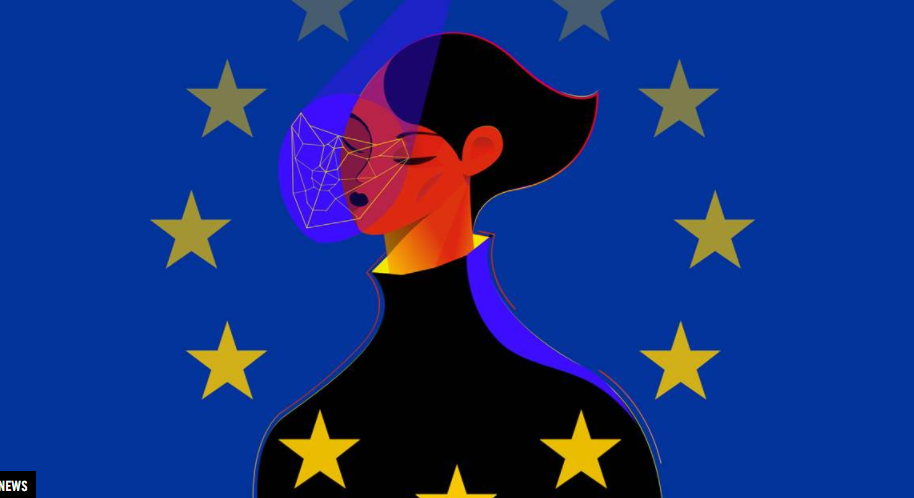When we launched #UnfollowMe, our campaign to end governments’ use of mass surveillance, the Amnesty Facebook and Twitter feeds were swamped. A lot of people told us: “If you’ve got nothing to hide, you’ve got nothing to fear”. The reasoning goes that if you’ve done nothing wrong, it doesn’t matter if governments want to collect all your data, emails, phone calls, webcam images and internet searches, because they won’t find anything of interest. It’s an attractive argument, but it’s not right – and here’s why.
,
A lot has been written about this issue, but for answers we looked through the responses of Amnesty supporters on Facebook. We’ve used your comments to explain why “nothing to hide” is the wrong way to respond to governments’ use of mass surveillance.
,
, 1. “Privacy should be a right unless something is done that arouses legitimate suspicion.” Karine Davison
,
Usually, governments conduct targeted surveillance, when they monitor a person or group for specific, legitimate reasons. For this, they’ll need to get permission from a judge, for example to monitor the internet use of someone they suspect of criminal activities. If surveillance is indiscriminate, our communications are being monitored without any reasonable suspicion that we might be doing something dodgy. Governments are treating us all like criminal suspects, and every detail of our personal lives as suspicious. And there are few laws to control what they’re doing.
,
, 2. “So no problem with a webcam in your bathroom or your bedroom either?” Ulf Carsson
,
You may not think you care about your privacy but the chances are you probably do. Every day we do things in our homes that we wouldn’t do in public. It’s not because we have something to hide, but just that there are parts of our lives we’d rather keep private. John Oliver, host of US TV show Last Week Tonight, asked people in New York how they felt about governments looking at their personal, sexual pictures (although he put it a little more crudely). Unsurprisingly, people feel less comfortable when they think of government agents looking at their most private images.
,
, 3. “BTW wanting my privacy is NOT equal to have something to hide.” James Earl Walsh
,
Mass surveillance is an unprecedented intrusion into the privacy of ordinary people. At no point in history have we accepted that governments should be able to monitor everything we do to keep us safe. Imagine if we were told they wanted to install cameras in our living rooms, or microphones under tables in coffee shops, to ensure they could catch criminals. This is the physical-world equivalent of online mass surveillance. It’s a huge overreach of government power and we consent to it every time we say we have “nothing to hide”. Instead, we should say to governments: “I have nothing to hide and my private business is none of yours”.
,
, 4. “Nothing to hide – as long as you agree 100% with the outlook and policies of your government.” Emily Kate Goulding
,
Much like the right to protest, our privacy is something we notice more when it’s taken away. Throughout history, seemingly innocent information about people has been used to persecute them during moments of crisis. You may trust your current government to look for criminals and not do anything dishonest with your data. But what if it changed and shifted dramatically to the left or the right? In these situations, authorities could gather data to find and crackdown on groups they disagree with. They could use the information to target journalists, persecute activists and discriminate against minorities.
,
, 5. “The premise is that the ones behind the cameras will have the best interests of the people at heart.” Roland van der Sluijs
,
You may think you have done nothing wrong, but that puts blind faith in the people looking at your data to think the same way. As NSA whistleblower Edward Snowden told us: “These people are looking for criminals. You could be the most innocent person in the world, but if somebody programmed to see patterns of criminality looks at your data, they’re not going to find you – they’re going to find a criminal.”
,
, 6. “Do you really want to live a life of mindless repetition, obeying everything?” Jia Hengjian
,
Evidence suggests that knowing you are being monitored changes your behaviour. And, as we become more aware of the computer algorithms and databases used to predict criminal activity, we will become more wary of what we say and do online. We will start to avoid saying or doing anything controversial, in case it is misconstrued. As a result, societies will become very conformist, with no-one willing to challenge the status quo.
,
, 7. “If we have nothing to hide, why are we under surveillance?” Jake Lawler
,
In a nutshell, the best response to “I’ve got nothing to hide” will always be: “If I have done nothing wrong, why is my privacy being violated?”
,
GET INVOLVED in Amnesty’s work to ban mass surveillance: follow the campaign on Facebook and/or contact Hilary Homes at the national office (hhomes@amnesty.ca).
,
, Here’s a selection of some of your other responses to the ‘nothing to hide’ debate:
,
“Privacy is NOT for hiding, never was; privacy is for protecting, period.”
, Sam Isatlacc
,
“Man, you must be living the most inane kind of life possible if you really have nothing to hide from anyone.”
, Mitxel Moriana
,
“Just because you’re not doing something wrong doesn’t mean you shouldn’t be allowed privacy.”
, Trilogy Gunby
,
“We have a RIGHT to privacy. If someone is suspected of some kind of criminal activity, then a court order for surveillance should be obtained.”
, Amy Rouby
,
“When any kind of dissent from the status quo becomes illegal, resistance becomes nearly impossible. As long as you never question anything those in power do, you’ll be safe. Hurray.”
, Roland van der Sluijs
,
“Whether you like it or not, we have the right not to be spied on without probable cause.”
, Mary Shepard













